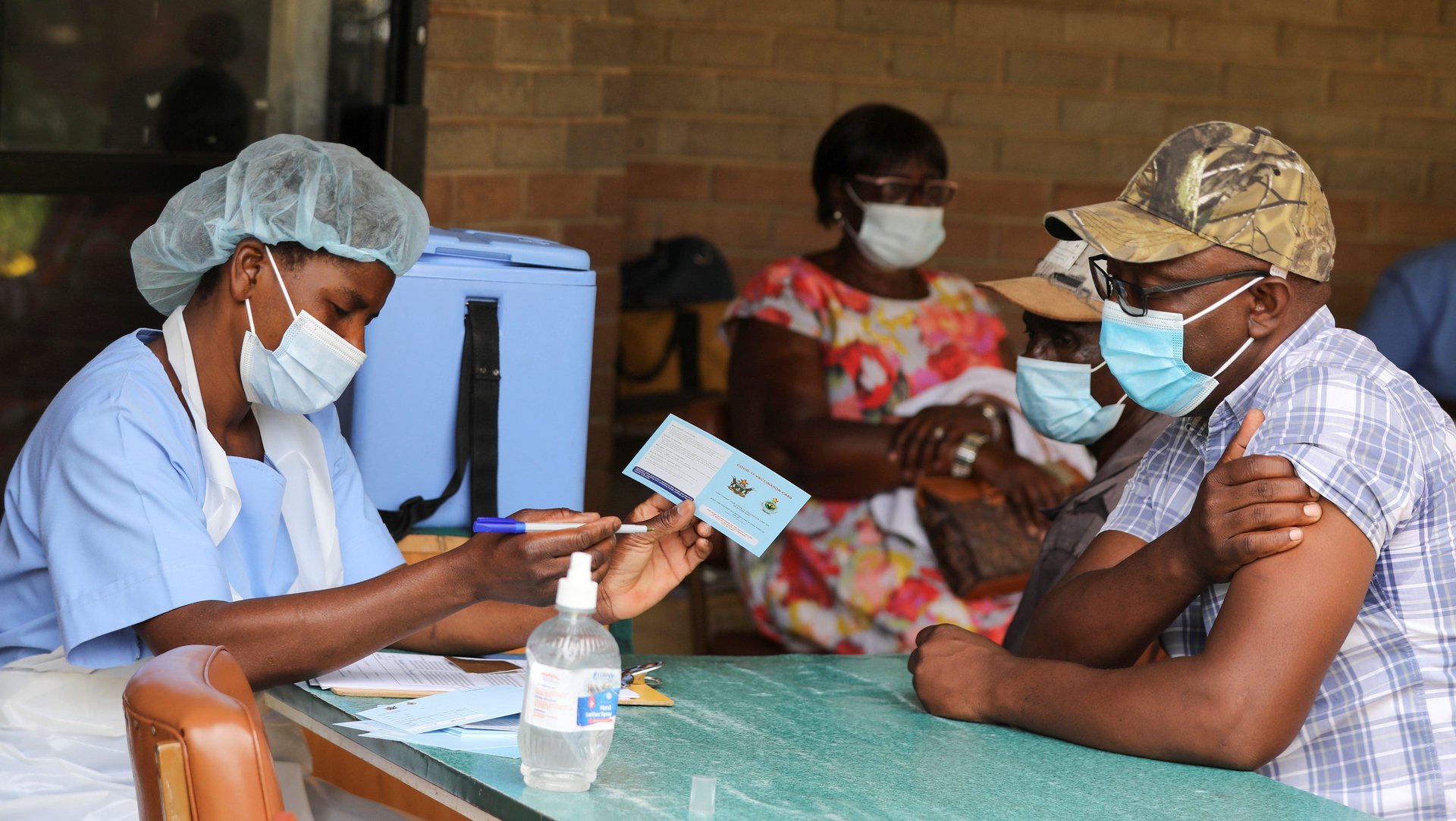What you need to know about the UK, South Africa, and Brazil coronavirus variants
Like all viruses, the novel coronavirus that causes Covid-19 mutates over time as it commandeers the cells of people it infects to make copies of itself.


Like all viruses, the novel coronavirus that causes Covid-19 mutates over time as it commandeers the cells of people it infects to make copies of itself.
Versions of the virus that inherit shared sets of mutations, or variants, emerge. Some disappear. Others carry on and cause concern because of their infectiousness, severity, or potential to evade immune defenses.
Three such variants, one that first emerged in Britain in September, another identified in South Africa in December, and a third detected around the same time in Japan and Brazil raise such concerns. All three variants contain mutations to the so-called spike protein on the surface of the coronavirus that help them bind better to cells in our noses, mouths and lungs. That boosts their chances of infecting someone and makes the variants more contagious.
“Each time the virus copies itself, it’s like gambling,” explains Dr. Taison Bell, a critical care physician and director of the medical intensive care unit at the University of Virginia. “Sometimes when it gambles and changes itself, it doesn’t cause much difference in the virus, but sometimes it hits the jackpot, and it finds a change that either enables it to spread or to be more deadly.”
The B.1.17 (UK) variant
The so-called UK variant, known as B.1.17, carries eight mutations in the spike protein. One, known as N501Y, reshapes the tip of the spike to fit more snugly into receptors on a human cell. Another, known as a 69/70 deletion because it deletes certain amino acids in the spike, helps the virus tighten its grip on cells it can infect. Taken together, the mutations mean that smaller amounts of virus can cause infection, which leads to even more people becoming sick.
B.1.17, which is about 50% more infectious than prior variants, rapidly became the dominant strain of infection in the UK and has since been reported in 114 countries. The variant may increase the severity of illness from Covid-19 but does not significantly diminish the effectiveness of vaccines.
The B.1.351 (South Africa) variant
B.1.351, as the variant discovered in South Africa is known, shares the N501Y mutation with B.1.17. That renders B.1.351 roughly 50% more contagious than prior variants. Since it first appeared, B.1.351 has been reported in at least 67 countries. The variant carries nine mutations to its spike, including one known as E484K that helps the variant bypass immune defenses.
Though there is no evidence that B.1.351 increases the severity of illness, the variant lowers the protection of current vaccines and can reinfect people who have recovered from Covid-19 caused by earlier variants. In February, South Africa shelved plans to roll out the Covid-19 vaccine developed by AstraZeneca and Oxford University after preliminary studies suggested the vaccine offered insufficient protection from illness caused by B.1.351, which accounts for most cases there.
The P.1 (Brazil) variant
P.1, as the variant first detected in Japan and Brazil is known, shares several mutations with B.1.351, including both the N501Y and E484K mutations, as well as a mutation known as K417T, which resembles a key spike mutation in the B.1.351 variant. Taken together, the collection of mutations render the P.1 variant up to 2.2 times more contagious than prior variants thanks to its ability to latch more tightly onto human cells.
Though the variant, which has been reported in 36 countries, does not appear to cause more severe illness, it can evade as much as 61% of immunity generated by infection with earlier strains. The variant lowers the effectiveness of vaccines developed by Pfizer and BioNTech, and Moderna, though both shots appear to protect against severe illness.
The more the novel coronavirus spreads, the more variants will emerge. The prospect that some could break through because of their infectiousness or potency underscores the urgency of ensuring that immunizations reach the arms of billions of people across the world. “We have to decrease the chances the virus has to hit the jackpot, through public health measures that keep the virus at low levels, and get widespread vaccinations rolled out,” Dr. Bell says.